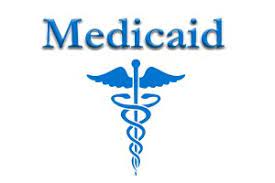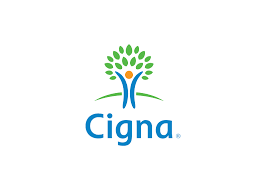Services
I work with adults, families, couples and children(ADHD and special education), who have a wide range of emotional and interpersonal difficulties. My approach to psychotherapy is to create a safe environment through supportive listening and empathy that will enable my clients to talk about patterns in their lives that are causing them distress. I help my clients understand how their problems developed and what will be required to work through their difficulties. One important aspect of psychotherapy involves accessing the unconscious mind through the exploration of one's thoughts, emotions, relationships, and behaviors, and through the interpretation of dreams. This opens the door to resolving difficulties that my clients are having, and to developing healthier relationships and new sources of self-worth and life satisfaction.
Individual Counseling
Individual therapy is beneficial to all types of people who may be experiencing any one of these common issues: Extreme emotions, like sadness or anger. Recent trauma, such as death of a loved one or divorce. The primary goal of individual therapy is to increase understanding of one's thought and behavior patterns to help increase function and well-being. In therapy, people can learn how to effectively manage stress, interpersonal difficulties and troubling situations.
- Vocational
- Adoption Issues
- Relationship Issues
- Adult & Child AD/HD Eval
- Learning Disabilities
- School Issues
- Mood Disorder
- Impulse Control Disorder
- Anxiety
- Depression
- Grief
- Parenting
Depression
Depression affects more than 17.3 million American adults or about 7.1% of the U.S. population age 18 or over, in a given year. The average age of onset is 31 years old. An estimated 10% of the older population are at risk for depression. Depression is higher in those who have medical conditions, which can mask the chronic or acute symptoms of depression.
- Acute symptoms
- Suicidal ideation
- Lack of motivation
- Chronic symptoms
- Irritability
- Anger
- Fatigue
- Insomnia
- Isolation
- depression
- Hopelessness
- Helplessness
Bipolar Disorder
Bipolar disorder, also known as manic-depressive illness, is a brain disorder that causes extreme shifts between manic emotional states and depressive emotional state. In most cases, bipolar disorder appears in the teen or early adult years, and affects 2.6% of the U.S. adult population, or approximately 5.7 million people. Living with bipolar disorder can be extremely challenging. The mood episodes associated with the disorder persist from days to weeks or longer, and can be dramatic, with periods of being overly high irritable to periods of persistent sadness and hopelessness.
- Risk taking behaviors
- Hypo-mania symptoms
- Depression
- Racing thoughts
- Difficulty staying focused
- Easily distracted
- Euphoria
- Impulsive behaviors
- Using poor judgment
- Manic symptoms
- Paranoia
- Mood Swings
- Persistent sadness
- Intense fatigue
- Anxiety
- Sleep disturbances
- Trouble concentrating
- Irritability
Anxiety Disorder
Anxiety disorders are the most common mental illness in the U.S., affecting 40 million adults in the United States ages 18 and older every year. Anxiety disorders are highly treatable, yet only 36.9% of those suffering receive treatment. Many people believe that they have to live with anxiety. This is simply not true.
- General Anxiety
- Panic attacks
- Social anxiety
- Separation Anxiety
- Phobias
- Trauma/stress
- Test taking anxiety
- Post-traumatic stress disorder
Bereavement & Grief
Grief isn't just one feeling but a range of different emotions. We feel them most in the months – often up to 2 years, sometimes longer – after the death. Grief is not reserved for those who have lost someone they have known and loved for a long time. Grief can also occur with the loss of a pet, the loss of a career, or any life altering event (moving, divorce, marriage, child moves out of the home, etc.)
- Loss of a spouse
- Loss of a child
- Loss of a pet
- Terminal Illness(self)
- Terminal Illness(loved one)
- Loss of a parent
- Divorce
- Job loss
- Retirement
- Financial changes











